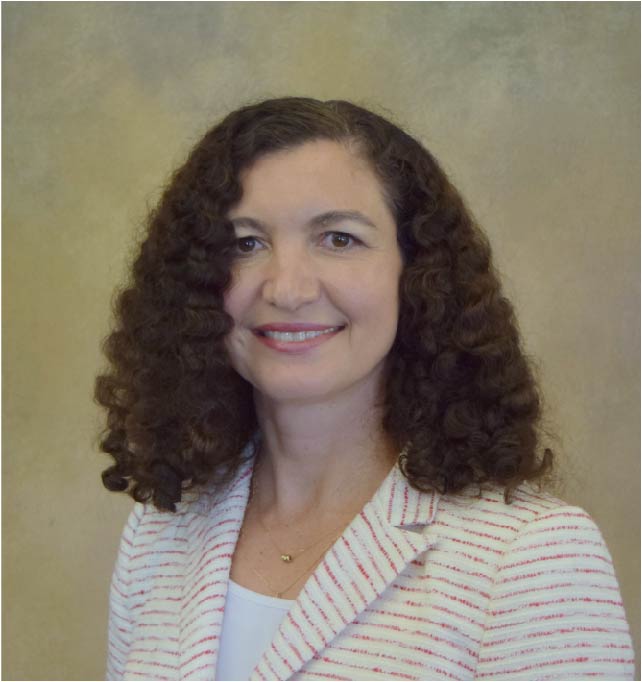About
Dr. Checura is a veterinarian, board certified in Theriogenology (animal reproduction) currently working as a research scientist at the Piedmont Research and Education Center and as adjunct faculty in Bioengineering at Clemson University. She is working to improve the health and well-being of people and animals that may have suffered an adverse environment during their mother’s pregnancy.She earned her Médico Veterinario degree (DVM equivalent) in Argentina.
She has a master’s degree in Physiology from Colorado State University, and a Ph.D. in Endocrinology and Reproductive-Physiology from the University of Wisconsin-Madison. She is also a Diplomate from the American College of Theriogenologist, a veterinarian specialty college dedicated to animal reproduction.She has a background that combines clinical practice with a strong training in endocrinology and reproductive physiology research, which allows her to be flexible to different areas of research and teaching. Currently, the long-term goal of her research efforts is to understand the mechanisms through which adverse conditions during pregnancy affect the growth and health of future generations.
To this end, she works with bovine in vitrofertilization and pregnant sheep as models to study how the bioenergetic capacity of the cells is modified by the pre-natal environment.
Visit Dr. Checura's Faculty Profile.
How their research is transforming health care
Decreased nutrient supply to the fetus, hypoxia, and stress are some of the major factors that influence fetal growth and may cause low birthweight babies. The current incidence of low birthweight in the United States, as reported by CDC, is 8.24%. This rate is even higher in South Carolina (9.8 %) where about 1 in 10 babies born are considered low birthweight babies. In collaboration with Clemson and MUSC researchers, and Prisma Health–Upstate physicians, Dr. Checura is researching the mechanisms underlying fetal programming. This research will allow us to better recognize the impact of different adverse conditions during pregnancy in the growth and health of the newborn. The team also aims to develop early screening criteria that could lead to preventive and treatment strategies, thus guiding therapeutic decisions and improving the lives of future generations.
Health Research Expertise Keywords
Faculty Scholar, Reproduction, endocrinology, embryology, IVF, assisted reproduction technologies, fetal programming

